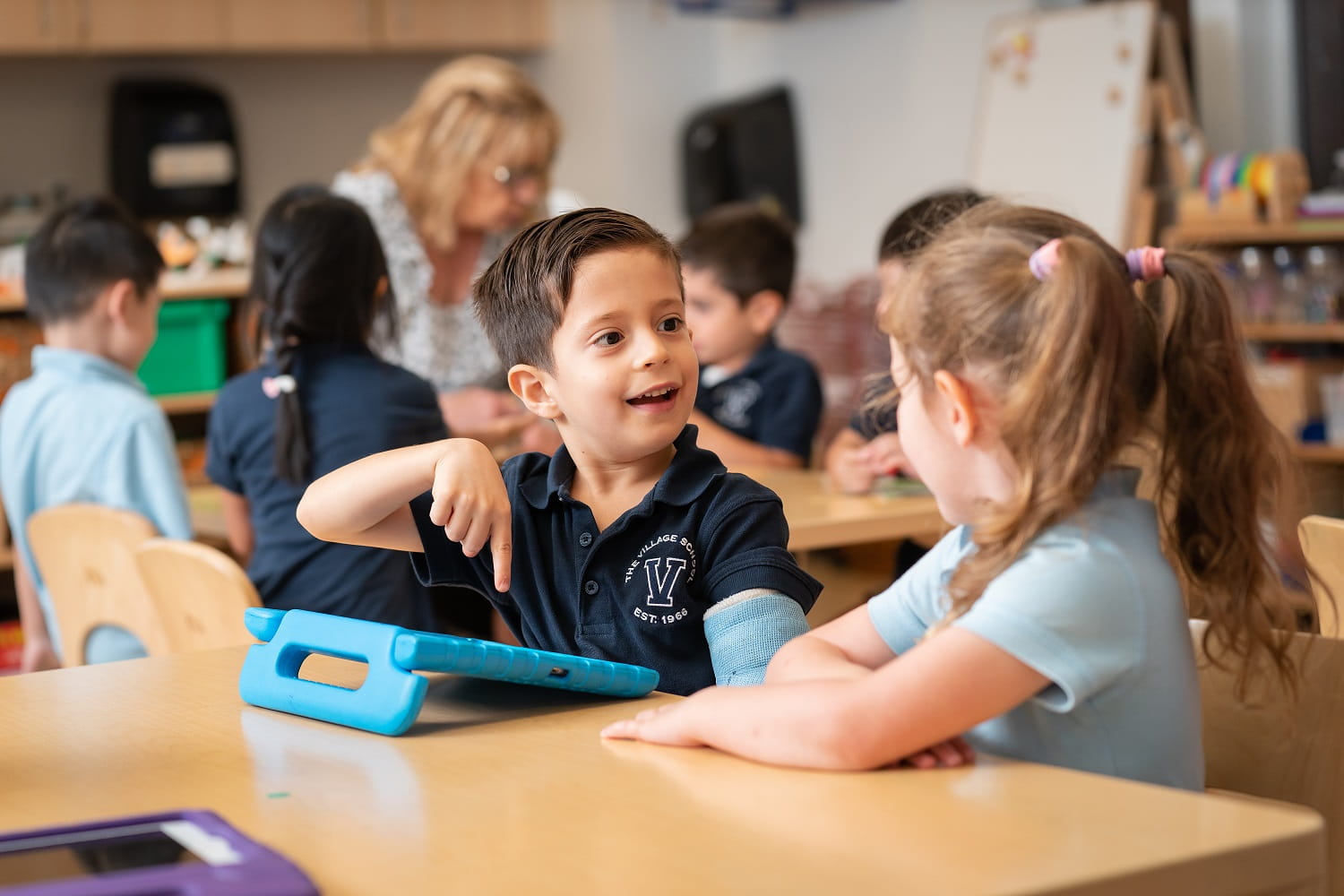We use cookies to improve your online experiences. To learn more and choose your cookies options, please refer to our cookie policy.

Dr Kate Erricker, Group Head of Education Research and Global Partnerships at Nord Anglia Education, and Dr Damian Bebell, Assistant Professor at the Lynch School of Education and Human Development, Boston College, will lead a workshop on metacognition at the European Conference on Education (ECE) on Saturday 13 July 2024.
Titled “Exploring the Implementation and Outcomes of a Global Metacognition Project”, the workshop will explore how metacognition can improve learning in classrooms and showcase Nord Anglia Education’s pioneering metacognition research project involving 27 schools in 17 countries.
Metacognition is being aware of and controlling one’s own learning processes. Studies have shown that metacognition can greatly enhance student learning.
“Metacognition bridges the gap between knowledge and understanding,” says Dr Kate Erricker. “By teaching students to be aware of how they think and learn, we’re not just enhancing their academic performance but also preparing them for future challenges.”
Emma Coleman, Research Lead at Nord Anglia Education, is working with the participating schools to integrate metacognitive strategies. She explains: “By embedding metacognitive practices into everyday classroom activities, we’re creating a generation of learners who are not only academically capable but also self-aware and resilient. This project showcases the incredible potential of reflective learning on a global scale.”
The workshop will give educators practical tools and insights to bring metacognitive practices into their classrooms to improve student learning and engagement. The participating Nord Anglia schools offer valuable lessons on the benefits and challenges of using metacognition in different international settings, which participants may not have had access to elsewhere.
Dr Damian Bebell says: “Our metacognition research with Nord Anglia seeks to create a more reflective and adaptable learning environment. By understanding their own thought processes, students and their teachers can take control of their educational journey and thrive in diverse settings.”